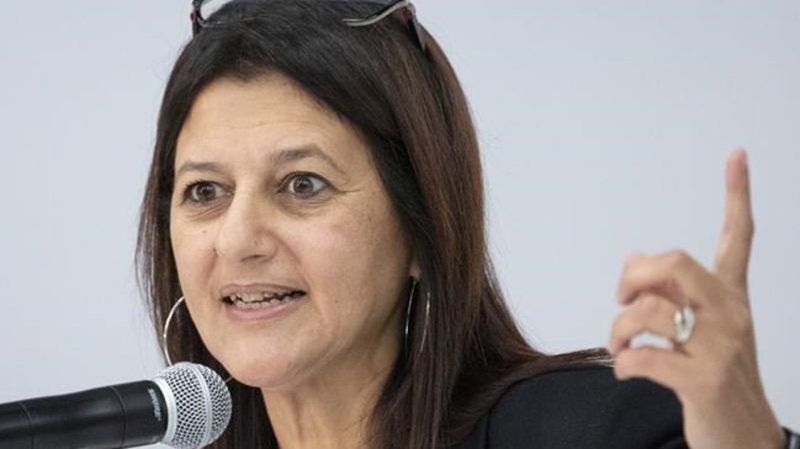
No ‘euthanasia’ in Quebec care homes during COVID-19, expert tells coroner’s inquest
MONTREAL — A coroner’s inquest into deaths in Quebec long-term care homes during the first wave of COVID-19 was dominated Tuesday by debate over whether medicating certain residents to alleviate their suffering amounted to euthanasia.
The discussion came a day after a doctor from Montreal’s Jewish General hospital told coroner Géhane Kamel that some of the long-term residents who died of COVID-19 would likely have been saved with oxygen or rehydration treatments.
Dr. Vinh-Kim Nguyen testified Monday such treatments weren’t always available in the understaffed and under-equipped long-term care homes, adding that there were “numerous obstacles” preventing doctors from transferring residents to hospital. Instead, Nguyen said the only available treatment in the homes was often respiratory-distress protocols intended for people at end of life, which consisted of a strong cocktail of drugs used to reduce suffering.
“These are protocols that lead to death … it was in fact euthanasia,” he testified on Monday.
